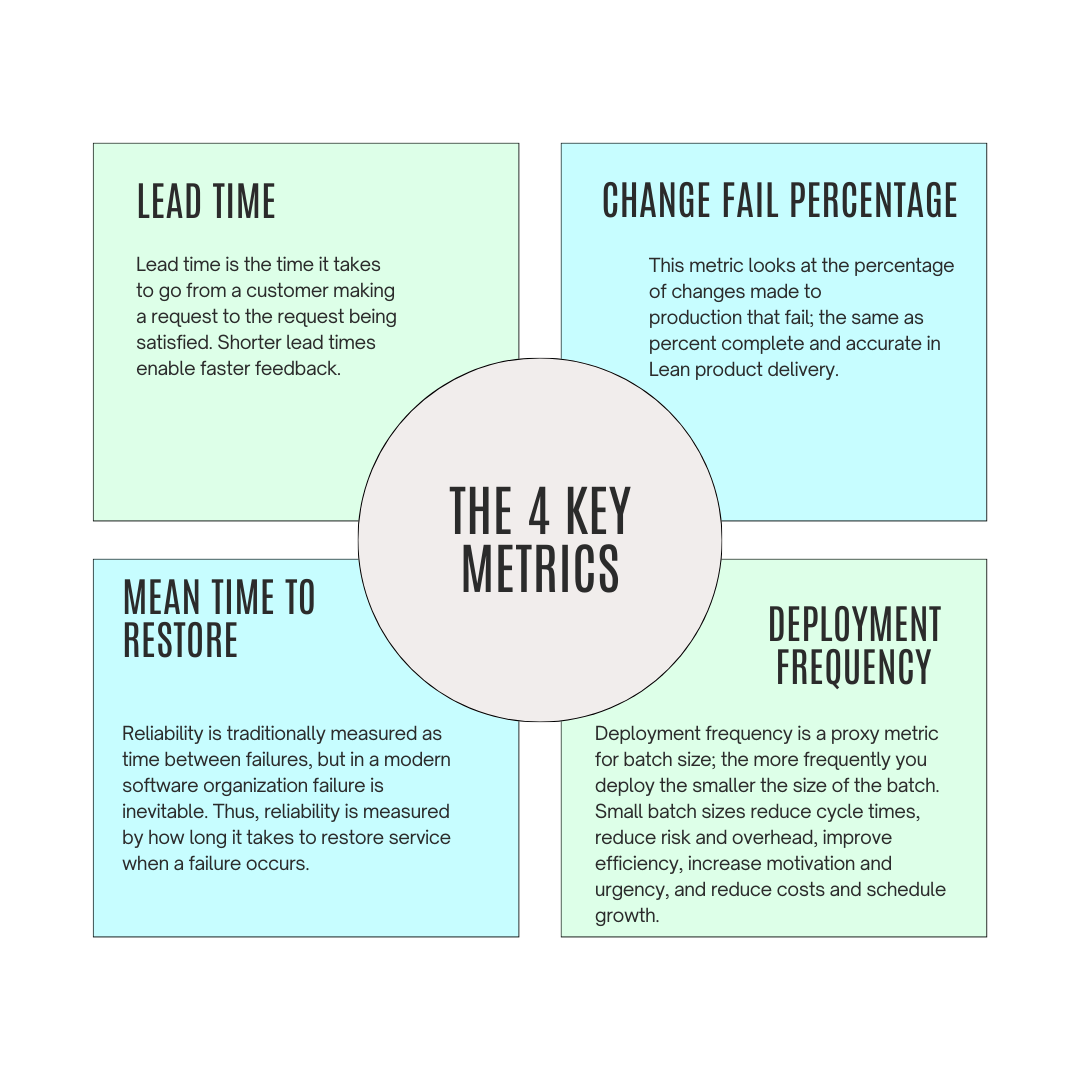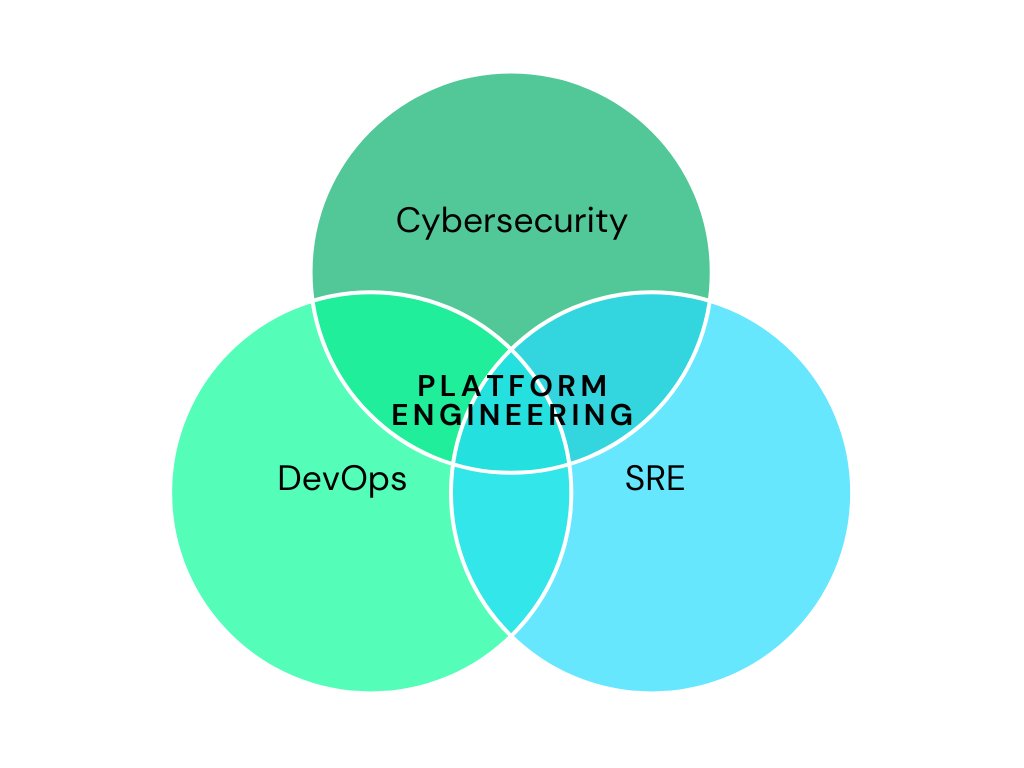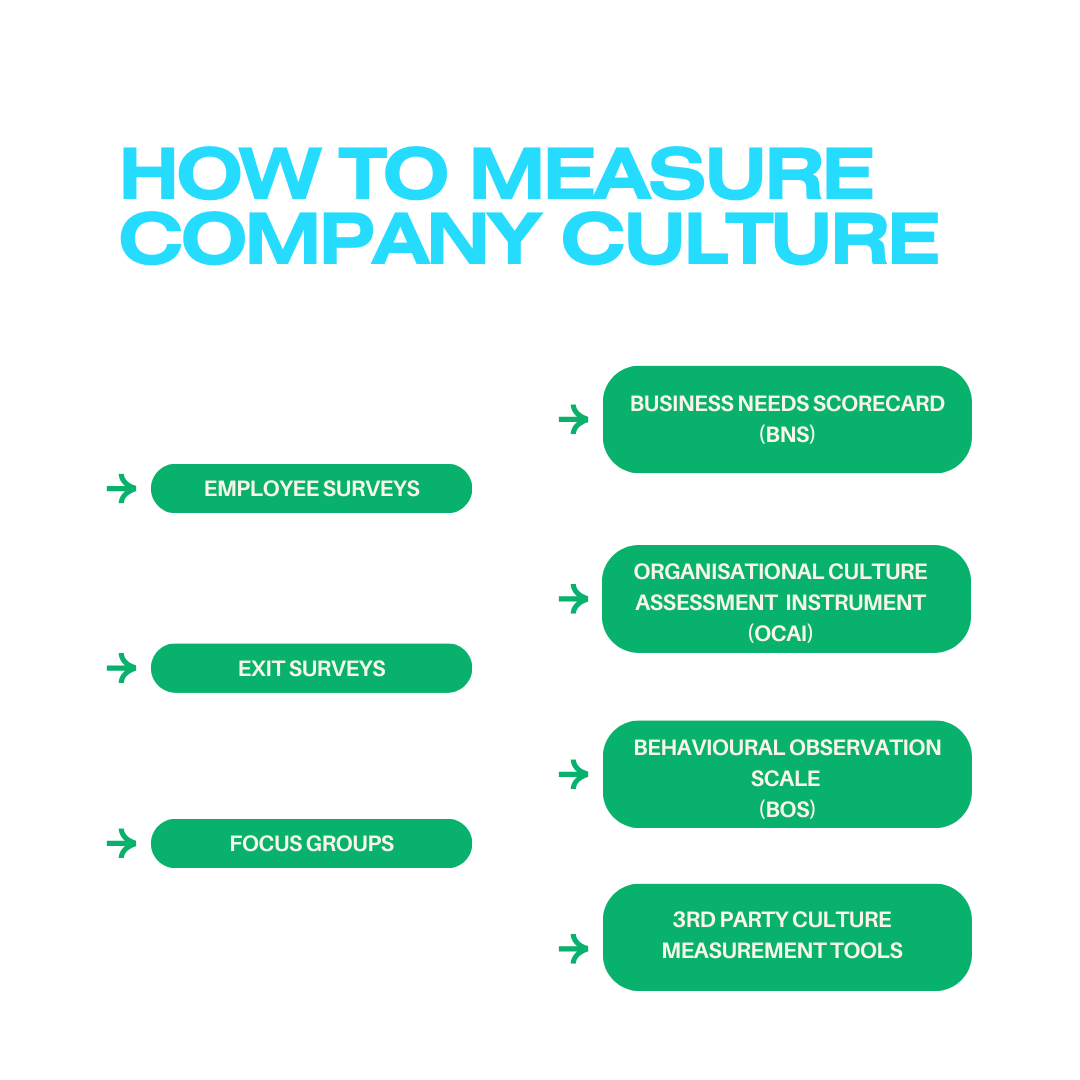Key Insights You Won't Want to Miss:
- Culture is King: Flexible work is great, but how does it mesh with security? How do leaders shape these cultures? Can diversity actually boost innovation (and security)?
- The Cloud Conundrum: Everyone's talking about the cloud, but what are high-performing teams actually doing with it? We'll reveal the architecture and infrastructure choices that are paying off.
- Performance Matters: What does it take to deliver software quickly, reliably, and securely? From supply chain threats to continuous integration pipelines, we're analysing the metrics that matter.
- SRE and Beyond: Site Reliability Engineering isn't just about keeping the lights on. We'll examine how SRE practices influence everything from platform engineering to the latest research trends.
- Cybersecurity Front and Center: Forget outdated threats – we're looking at the OWASP Top Ten and beyond. How are vulnerabilities exploited, and what can you do to protect your systems?
- The rise of platform engineering and its impact on DevOps
The Human Element of IT
The IT industry thrives on innovation, constantly pushing the boundaries of what's possible with technology. However, amidst the rush to embrace the latest tools and methodologies, it's crucial to remember that the true driving force behind successful organisations is the human element. Recent research highlights a critical connection between the well-being and resilience of IT teams, organisational culture, and overall success.
The Burnout Epidemic: A Call to Action
Burnout, a state of chronic exhaustion marked by emotional, physical, and mental fatigue, has become alarmingly prevalent in IT workplaces. It's not simply a consequence of long hours; burnout often stems from deeper-rooted cultural and organisational issues. Studies show that burnout can severely impact productivity, creativity, and job satisfaction, ultimately leading to increased turnover, decreased morale, and even physical health problems.
The good news is that burnout isn't inevitable. By understanding its root causes and implementing effective solutions, organisations can cultivate healthier, more sustainable work environments for their IT teams.
Key Elements of High-Performing IT Organisations
What sets successful organisations apart? Research points to several key factors:
- Trust and Psychological Safety: High-trust, low-blame cultures encourage experimentation, learning from mistakes, and open collaboration.
- Supportive Leadership: Leaders who actively champion DevOps, security, and continuous improvement empower their teams to reach their full potential.
- Team Stability and Positivity: Stable teams with strong internal relationships and a positive outlook are more resilient and high-performing.
- Flexibility: Flexible work arrangements, such as remote work and flexible schedules, reduce burnout and boost productivity.
- Diversity and Inclusion: Diverse teams bring a wider range of perspectives, experiences, and problem-solving skills, leading to greater innovation and better decision-making.
The Choice for Platform Engineering: A Strategic Imperative
Platform engineering isn't just a nice-to-have; it's a strategic imperative for organisations looking to accelerate software delivery, improve scalability, optimise resource utilisation, and foster collaboration between teams.
The reasons why organisations choose to adopt platform engineering are varied. Our full report explores the diverse motivations behind this shift, including the desire to accelerate software delivery, improve scalability, optimise resource utilisation, and foster collaboration between teams. There are 4 key metrics which help guide success of the platform engineering which you should look at to compare the success of the platform engineering team you choose.

The Path Forward: Vigilance and Adaptability
At Mesoform, we advocate for a "security in depth" approach that combines multiple layers of defence to protect against a wide range of threats. This includes technical controls like IAM (Identity and Access Management), RBAC (Role-Based Access Control), and strong encryption, as well as cultural measures like security awareness training and incident response planning.
The cybersecurity landscape is constantly evolving, and the threats we face today are likely to be different tomorrow. That's why it's crucial for organisations to remain vigilant, adapt their security practices to the changing threat landscape, and invest in the skills and expertise needed to build a robust and resilient cybersecurity posture.
Our Pledge:
- A Culture of Balance: We'll champion a work-life balance that fosters productivity and personal fulfillment. No more burnout culture; it's time to prioritise sustainable success.
- Empowerment Through Support: We'll equip our teams with the resources, training, and support they need to grow both personally and professionally.
- Continuous Improvement: We won't settle for the status quo. We'll foster an environment where innovation, collaboration, and growth are encouraged at every level.
- Shared Responsibility: Cybersecurity is everyone's responsibility. We'll work together to build a security-conscious culture that protects our organisations and the individuals who power them.
The future of IT isn't just about technology – it's about people. By investing in our teams and building a workplace culture that values both excellence and well-being, we'll not only create a brighter future for ourselves but also set a new standard for the entire industry.
Let's shape the future of IT together, one human-centric decision at a time.
The time is now.
Want to learn more about how to build a thriving, high-performing IT organisation? Download our comprehensive report, "State of the Union 2023"
[Download the Full Report Here]
The journey begins today by speaking to one of our experts and paving the way for a more secure, reliable, and agile IT environment. As IT specialists, Mesoform can help your business overcome similar challenges and provide efficient solutions in comparison to competitors.
If you would like to discuss any of these topics in more detail, please feel free to get in touch




